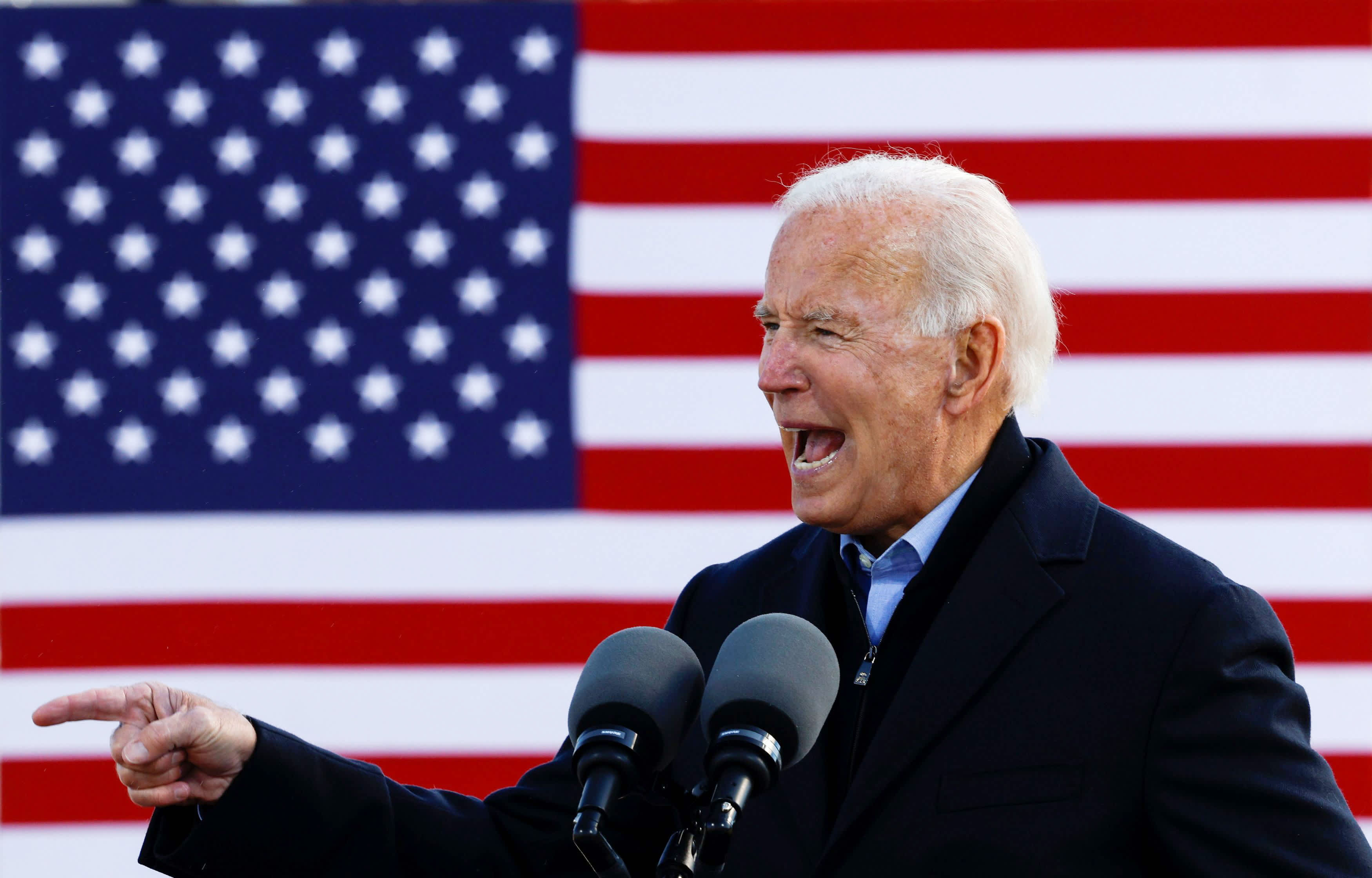On the heels of President-elect Joe Biden’s victory, free college may finally become a reality.
On the campaign trail, Biden said he will enact legislation to ensure that students can go to community college for up to two years without having to pay tuition.
Biden also adopted a proposal from Sen. Bernie Sanders, I-Vt., to make public colleges and universities tuition-free for all students whose family incomes are below $125,000 and forgive $10,000 in student debt for all borrowers — thereby slashing the country’s $1.6 trillion outstanding student loan tab.
In fact, 25 states, including Arkansas, Indiana, Minnesota, Montana, Oregon, Rhode Island and Tennessee, already have statewide free community-college programs and even more were expected to follow before the coronavirus pandemic put a severe strain on state and local budgets.
In the state-based programs already in place, students receive a scholarship for the amount of tuition that is not covered by existing state or federal aid.
Most are “last-dollar” scholarships, meaning the program pays for whatever tuition and fees are left after financial aid and other grants are applied.
How soon will your State’s Colleges be tuition free?
Source: Campaign for Free College Tuition
“We believe free college tuition will become more popular because it will be an essential part of any economic recovery plan post-pandemic,” said Morley Winograd, president and CEO of the Campaign for Free College Tuition.
Under Biden’s plan, the federal government would cover 75% of the cost with states contributing the rest.
“It’s very clear, based on the shifts in unemployment, [that] in order to have a complete and full recovery, we are going to need to expand the educational credentials of the American workforce,” Winograd said.
Not only have millions of American workers lost their jobs since the Covid-19 outbreak and economic crisis that followed, but with rampant unemployment, many families now say they are worried about how they will cover the cost of college, according to a recent report by Discover Student Loans.
More than half said their higher education plans have changed due to the pandemic.
That, in turn, has threatened to destabilize the entire higher-education system.
However, the chance of passing such legislation depends on the composition of the Senate, which is still up in the air.
“The crystal ball is murky,” said Kalman Chany, a financial aid consultant and author of the Princeton Review’s “Paying for College.”
Even if Democrats secure a majority in the Senate, “there are a lot of pros and cons that are being debated about free college,” Chany said.
More from Invest in You:
Many families in survival mode, with changing money mindset
You can negotiate your medical bills. Here’s how to lower your costs
Deepak Chopra: We’re experiencing 3 pandemics right now
For starters, the money does not cover fees, books or room and board, which are all costs that lower-income students struggle with, and diverting funds toward free tuition could come at the expense of other operations on campus, including hiring and retaining faculty and administrators.
In addition, community college is already significantly less expensive. At two-year public schools, tuition is $3,770 for the 2020–2021 school year, according to the College Board. Alternatively, at four-year, in-state public schools, tuition is $10,560 and at four-year private universities it averages $37,650.
Critics say lower-income students, through a combination of existing grants and scholarships, already pay little in tuition to state schools, if anything at all.
SIGN UP: Money 101 is an 8-week learning course to financial freedom, delivered weekly to your inbox.
CHECK OUT: Digital nomad makes $600 a month in passive income: Here are her top tips via Grow with Acorns+CNBC.
Disclosure: NBCUniversal and Comcast Ventures are investors in Acorns.
